The basis of the quality system is the Central Factory Laboratory, which includes seven specialized subdivisions for different production areas.
DIVISIONS OF THE CENTRAL FACTORY LABORATORY:
- PMT Laboratory of geotextile materials
- PMT impregnated cord fabric laboratory
- PMT laboratory of stretched yarn and technical fabric
- PMT laboratory for semi-finished and manufacturing
- Chemical laboratory for the preparation of the impregnating composition
- Chemical laboratory of a synthetic yarn spinning mill
- Chemical laboratory for analysis of raw materials, semi-finished products and manufacturing
The technical control department, in accordance with the normative documentation, makes the first sampling from a batch of amorphous granules and the laboratory tests the raw materials for compliance with the quality declared by the supplier. In the chemical laboratory of the spinning shop, intrinsic viscosity, carboxyl groups, dust, moisture content, granule size, bulk density and polymer melting point are examined. Based on the studies of the granulate batch, the first quality certificate in the production chain is issued. At the next stage, the laboratory analyzes the crystalline granulate that has already passed the reactor – the parameters are the same, plus the degree of crystallinity. Viscometers, tetrators, a differential scanning calorimeter and other modern equipment allow us to fully control the chemical purity of polyester and to achieve its strict compliance with technological requirements. The lubricant, before being applied during the production of the drawn thread, is also subjected to the analysis of the parameters that make up its specification. In addition, during the pulling phase, the product and process supervisor makes regular measurements in order to timely identify nonconforming products at an early stage in the process.
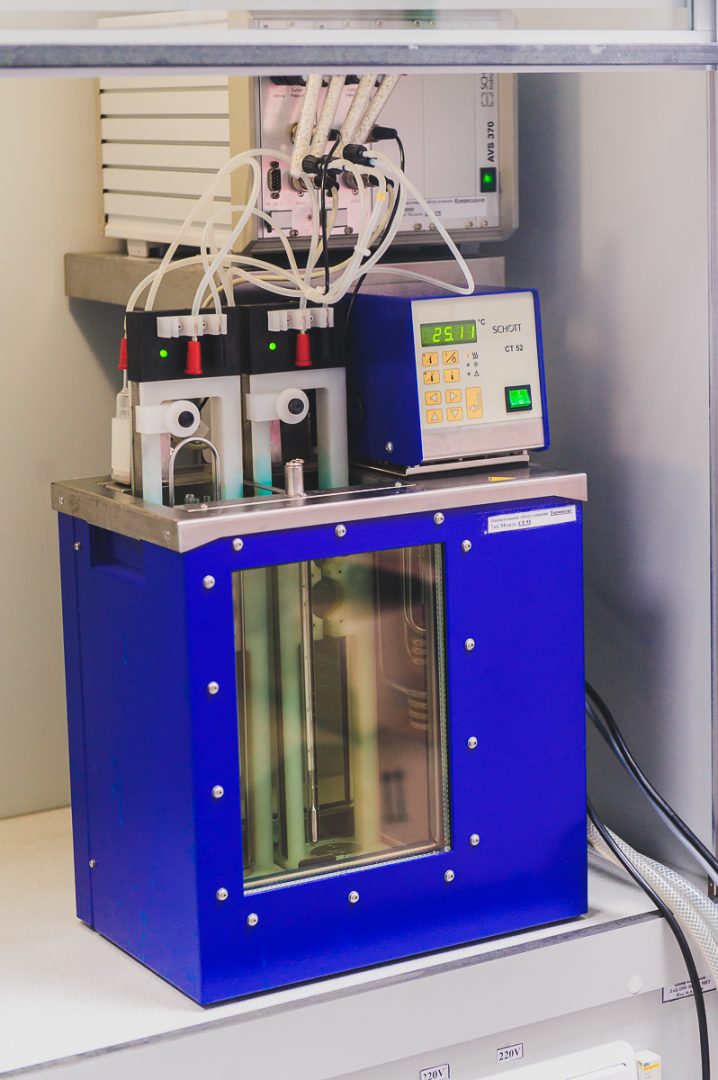
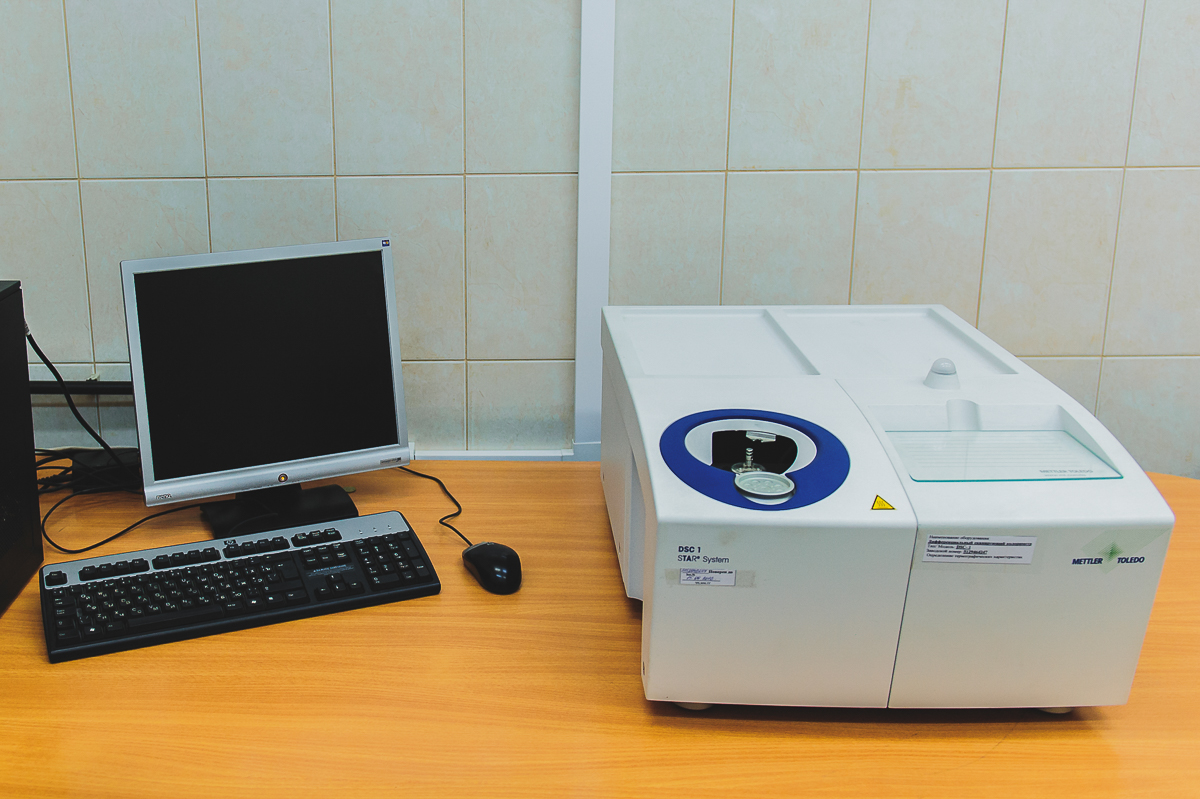
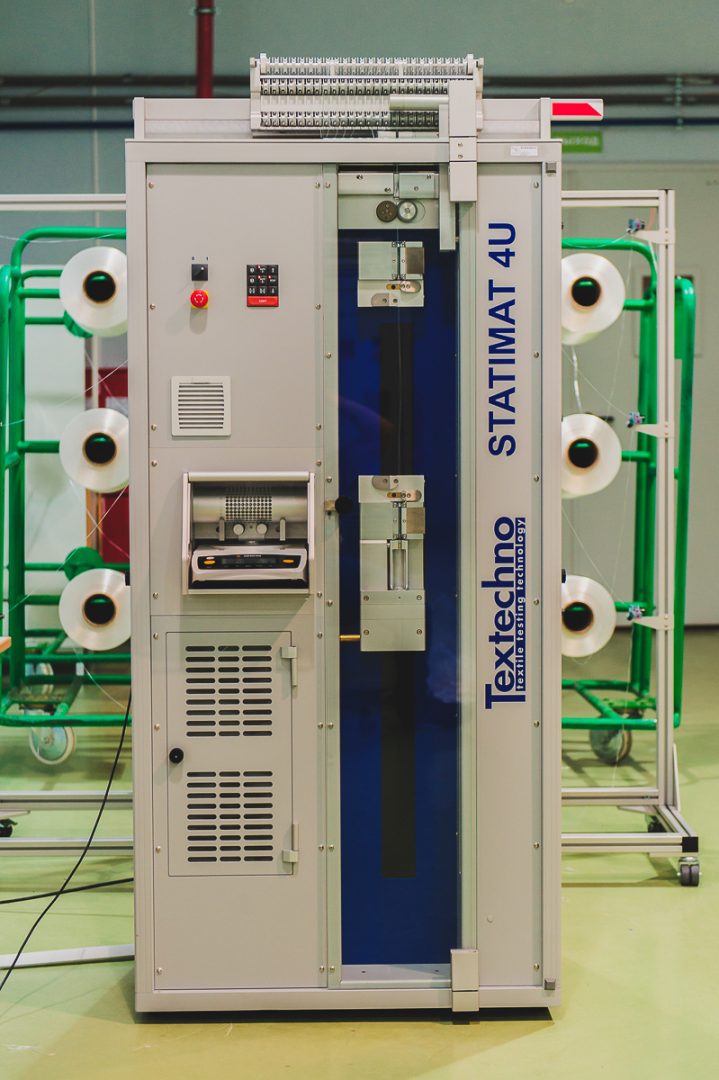
From the buffer, the pulled thread goes back to the laboratory, but not to the chemical one, but to one of the laboratories of physical and mechanical tests. Here, on modern equipment, its properties are carefully studied. Breaking machines STATIMAT, which the laboratory is equipped with, after filling in packages with freshly formed yarn in an automatic mode, carry out tests and determine the key parameters: breaking load, elongation at break, elongation at fracture and modularity of the yarn. Separately, on specialized devices, linear shrinkage is determined, after which specialists carry out a computer analysis of the obtained values and, if all physical and mechanical indicators comply with regulatory requirements, issue a quality certificate for the next stage of yarn processing.
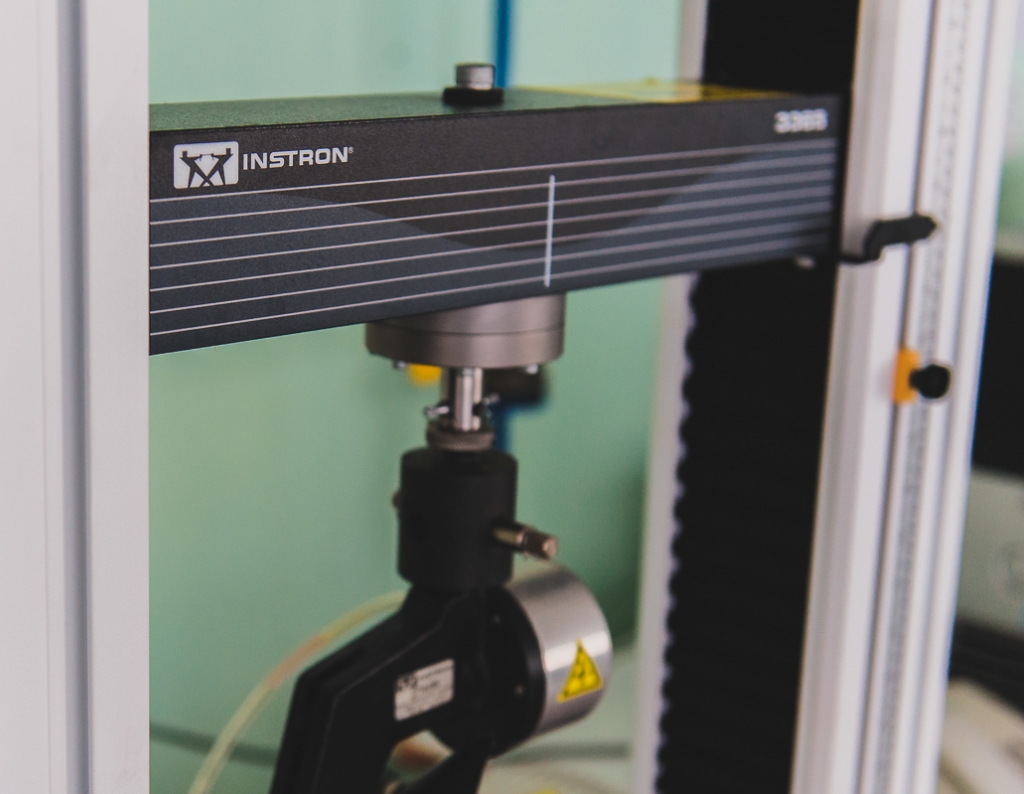

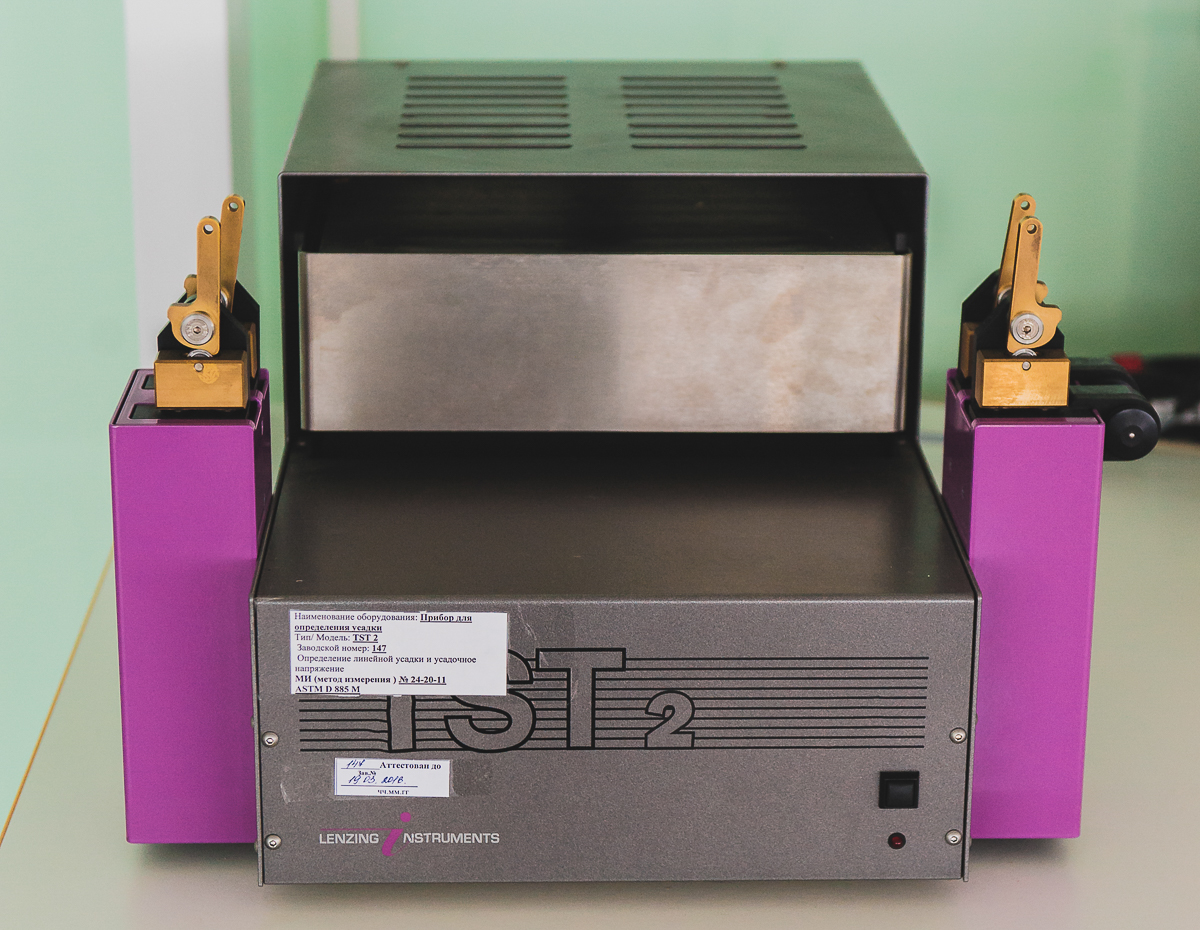
Further, each change in the properties of the thread, be it cabling on the flow of the cord, or tripping and twisting, is also analyzed in accordance with the regulations. The principle of end-to-end control, when the entrance ticket to the next production site is a quality passport issued by a laboratory, we strictly observe.
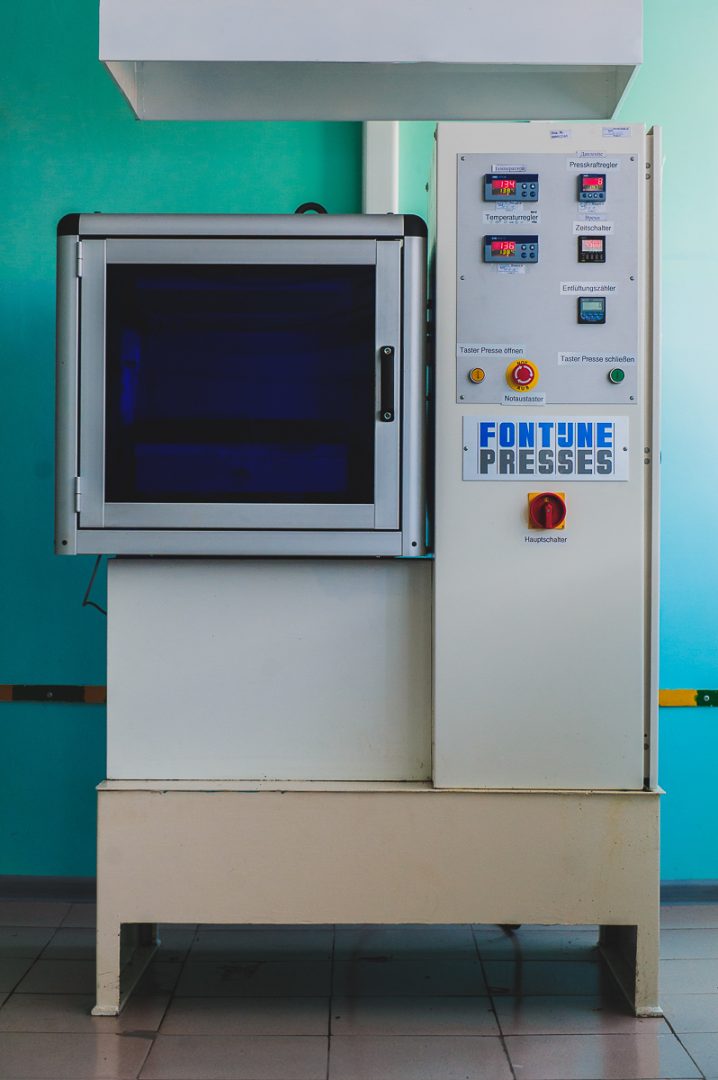
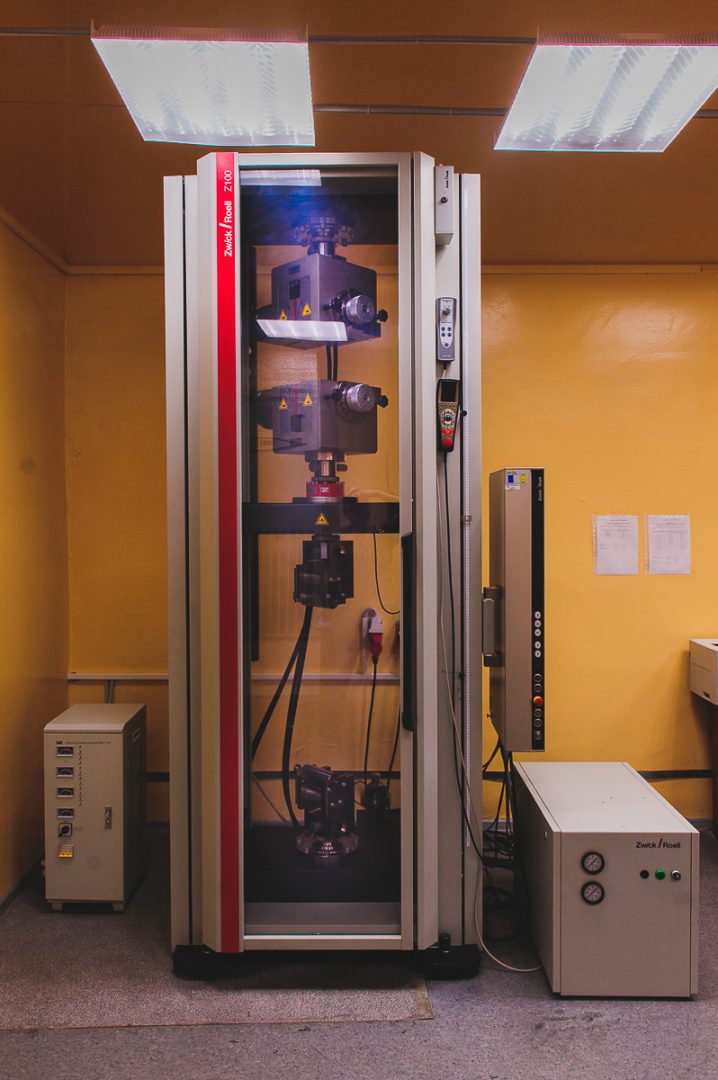
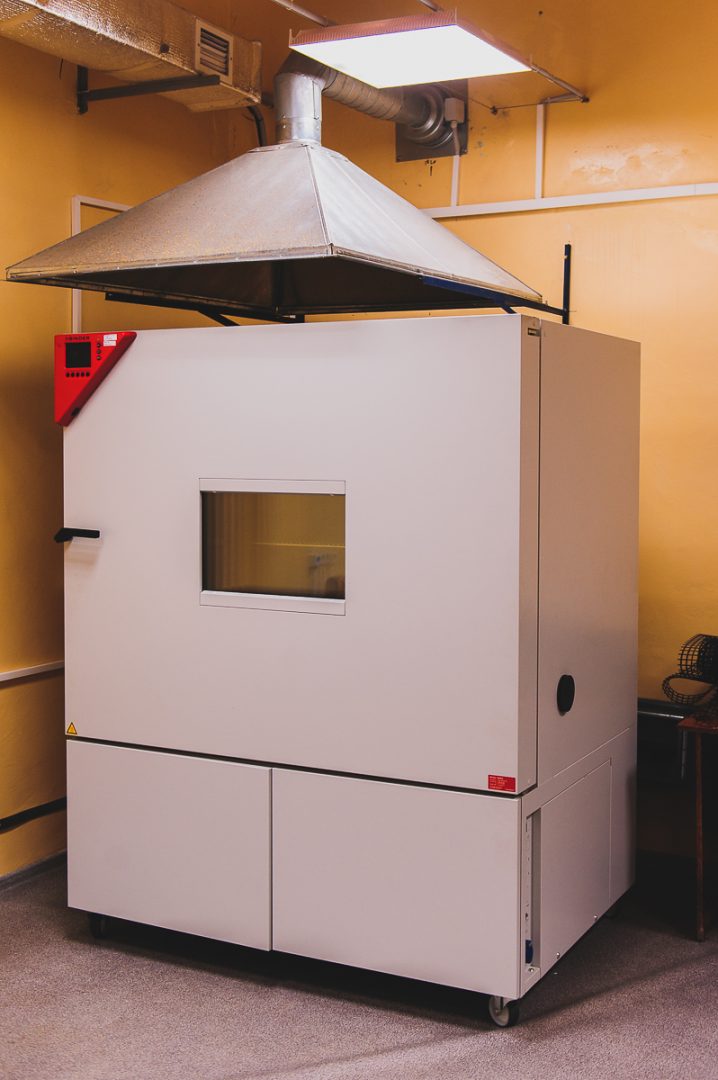
All finished products, whether they are impregnated cord or technical fabrics, tapes or geomaterials, are also tested in the appropriate laboratory. At the request of consumers, we can carry out specific tests, for example, thermal oxidative destruction, while the main ones include the determination of breaking load, elongation at break, shrinkage, adhesion, frost resistance, material resistance to aggressive environments and other parameters, as well as the calculation of the mass fraction of the impregnating composition, which carried out in a chemical laboratory.
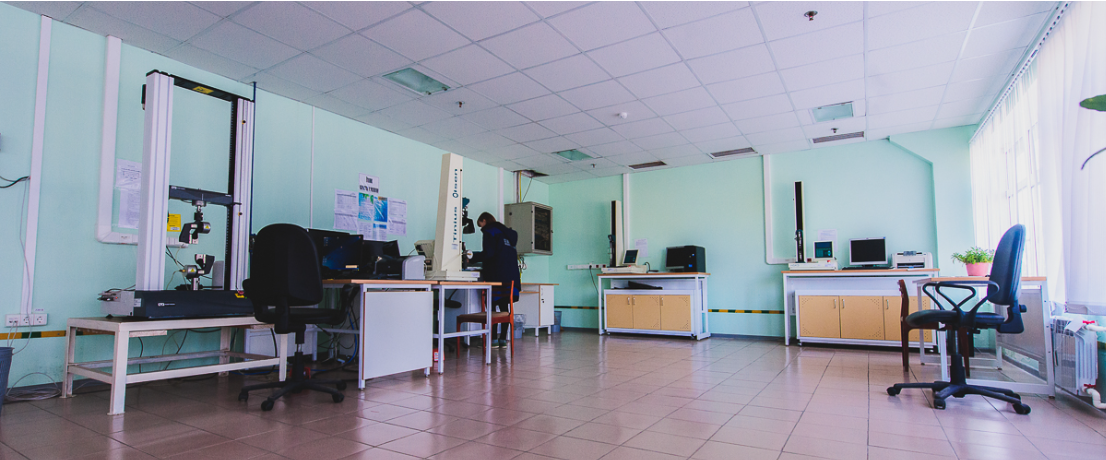
To maintain a uniform standard of equipment, according to an agreed program, one-time tests of the same sample are carried out in our laboratories and laboratories of suppliers and consumers. Based on the data obtained, the equipment settings are adjusted with a further calculation of the test reproducibility.

